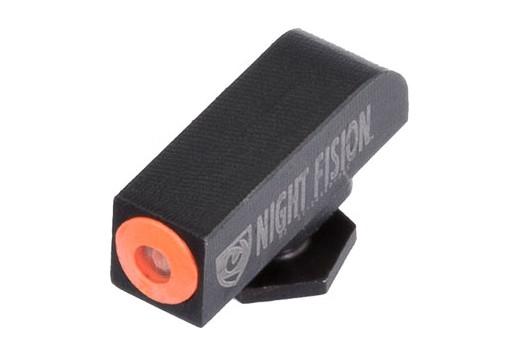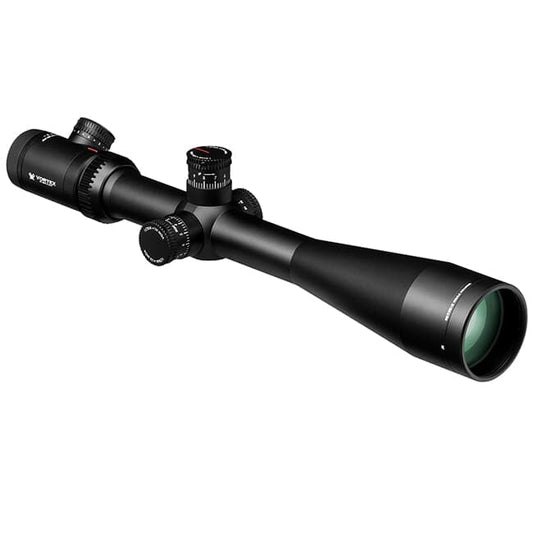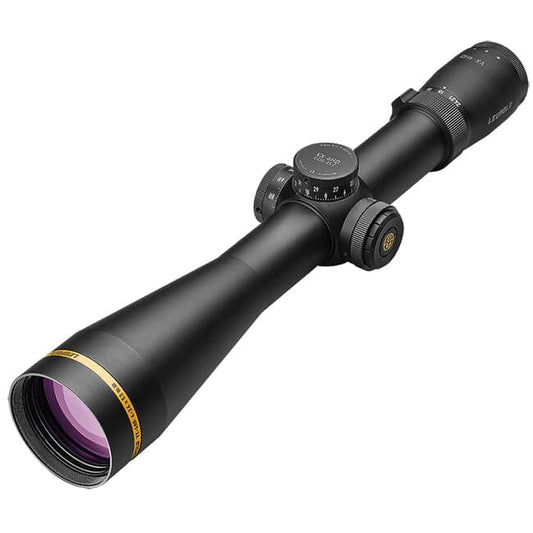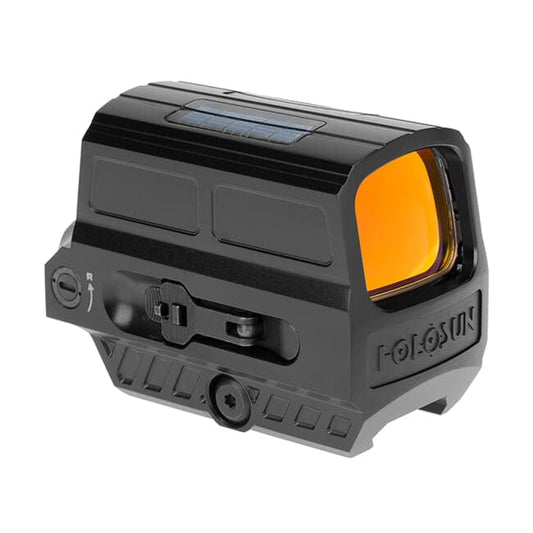

Perfect Dot Front Night Sight Only Orange/Green Tritium for Glock provides enhanced visibility in low-light conditions, making target acquisition straightforward during tactical scenarios or evening shooting sessions. The vibrant orange and green tritium markers offer clear sighting, enabling quick and precise aim when it counts. Whether for personal defense or competitive shooting, this sight improves your accuracy in various lighting environments.
Quick and easy to install, this front night sight is designed specifically for Glock models. Its robust construction ensures durability, even in challenging conditions, while maintaining optimal performance. With the Perfect Dot sight, you’ll gain confidence in your aim, making it an essential upgrade for any Glock owner looking to enhance their shooting experience.
Key Features:
- ENHANCED VISIBILITY: Bright orange and green tritium for superior sighting in low-light environments.
- QUICK INSTALLATION: Designed for easy installation on your Glock, allowing you to focus more on shooting.
- DURABLE CONSTRUCTION: Built to withstand the rigors of shooting sports, ensuring long-lasting performance.
- ACCURATE AIMING: The perfect dot design aids in precision shooting, helping you hit targets consistently.
- USER-FRIENDLY DESIGN: Intuitive sighting system that caters to shooters of all skill levels.
- IDEAL FOR COMPETITIONS: Enhance your shooting performance in competitive settings with reliable sighting.
- WATER AND DUST RESISTANT: Remain confident in various weather conditions without compromising on sight quality.
- LIGHTWEIGHT AND COMPACT: Designed to not add unnecessary weight to your Glock, promoting better handling.
Technical Specifications Table
| Specification | Details |
|---|---|
| Material | High-strength polymer |
| Color | Orange/Green |
| Compatibility | Glock models |
| Dimensions | Standard Glock sight dimensions |
| Weight | Lightweight design, minimal added weight |
| Tritium Life | Up to 12 years |
What’s in the Box?
- Perfect Dot Front Night Sight Only Orange/Green Tritium for Glock
- Installation Tool
- Instruction Manual
Customer Reviews
"I installed the Perfect Dot sight on my Glock, and the difference is night and day! I can easily shoot in low light now." - James T.
"The tritium glow is fantastic! I feel much more confident in my aim during competitions." - Sarah L.
"Durable and easy to install! Highly recommend for any Glock owner!" - Mike R.
FAQ
How does the tritium sight work in low light? The tritium gas in the sight glows in the dark, providing a bright point of aim, which is crucial for nighttime use.
Is installation difficult? Installation is straightforward. The Perfect Dot Front Night Sight comes with an installation tool and clear instructions, making it easy for users of all skill levels.
How does this sight compare to others? Known for its exceptional visibility and durability, the Perfect Dot sight typically outperforms other brands thanks to its unique tritium design, making it a preferred choice for both casual and competitive shooters.
Similar Models
Looking for more options? Explore our extensive collection of Glock sights, including the Perfect Dot Rear Night Sight for enhanced aiming precision. Find the ideal combination for your shooting needs and elevate your experience.
You May Also Like
Here’s some of our most similar products people are buying. Click to discover trending style.






